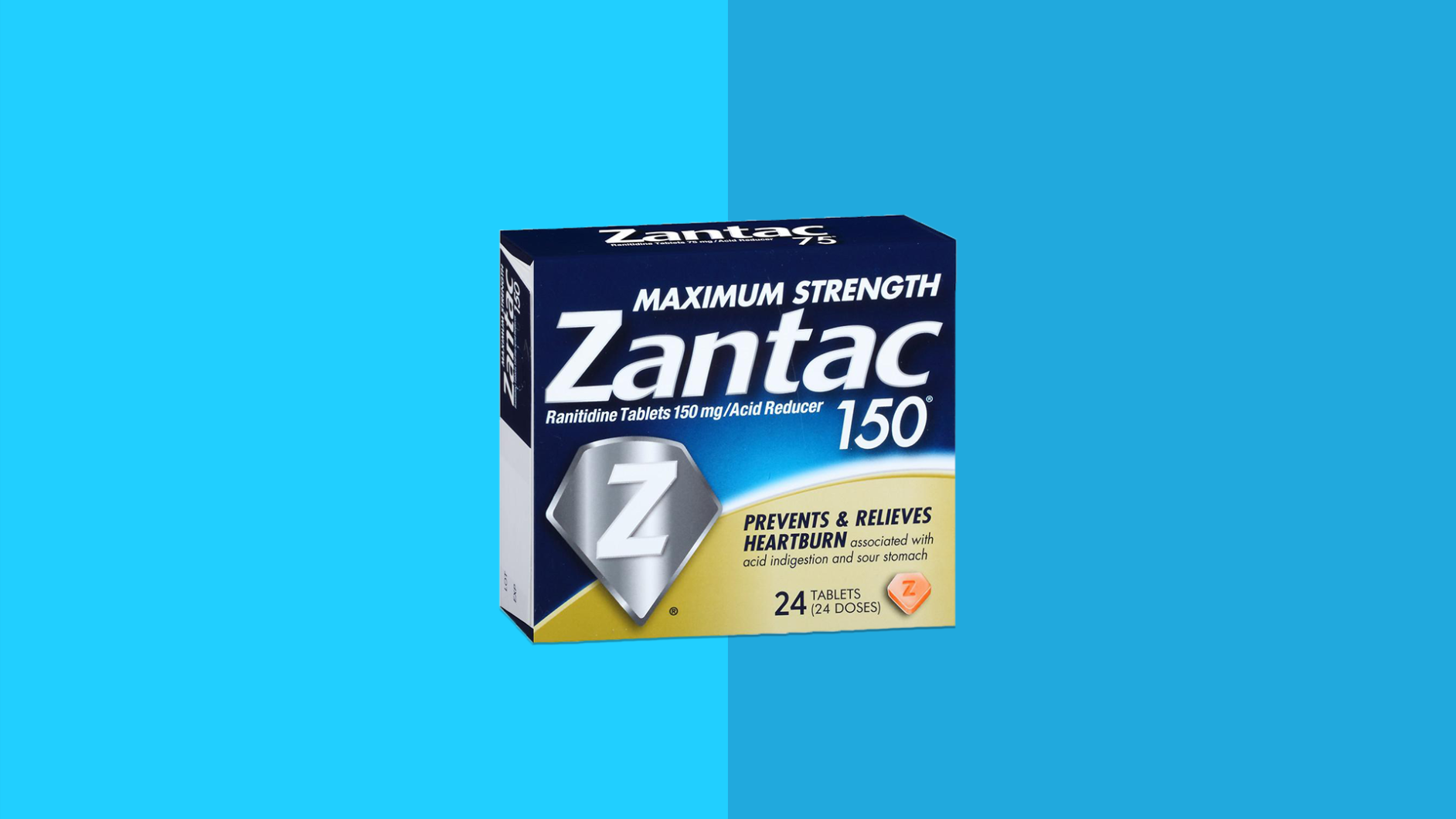Ranitidine, commonly known by its brand name Zantac, is a medication that decreases stomach acid production. It’s commonly taken to treat heartburn and GERD. On Sept. 13, 2019 the U.S. Food and Drug Administration(FDA) released a statement announcing the known presence of a nitrosamine impurity called N-nitrosodimethylamine (NDMA) in some ranitidine medications, including Zantac—prompting some drug stores to stop sales of all ranitidine products. On Apr. 1, 2020, the FDA asked drugmakers to pull all forms of ranitidine from the U.S. market.
Why is ranitidine being recalled?
“The FDA has been investigating NDMA and other nitrosamine impurities in blood pressure and heart failure medicines called Angiotensin II Receptor Blockers (ARBs) since last year,” the original statement read. “In the case of ARBs, the FDA has recommended numerous recalls as it discovered unacceptable levels of nitrosamines.”
The original statement concluded that preliminary tests had confirmed ranitidine contains low levels of NDMA. This caused drug companies Novartis (which makes both Zantac and generic versions of the ranitidine medication) and Apotex (which makes Wal-Zan) to recall all of their generic ranitidine products sold in the US.
Major pharmacy chains pulled Zantac off of their shelves. In a statement, CVS made it clear that “this action is being taken out of an abundance of caution,” and the decision to pull ranitidine products from the shelves was made directly in reaction to the product alert from the U.S. Food and Drug Administration (FDA) stating that ranitidine products may contain a low level NDMA.
In September, Ramzi Yacoub, Chief Pharmacy Officer of SingleCare, explained, “The FDA has recently detected some impurities in some ranitidine products and has issued a voluntary recall at the moment. This does not impact all ranitidine products at the moment. The FDA is continuing to test ranitidine products from different manufactures to further assess the potential side effects.”
In April of this year, the FDA announced that after further investigation, the organization found NDMA levels increase over time in normal storage conditions. NMDA levels were also found to increase even more when ranitidine is stored at high temperatures. Meaning, consumers could be exposed to even greater amounts of NDMA. These findings prompted the FDA to issue a more stringent recall request.
What to do if you take ranitidine
Millions of Americans use ranitidine—prescription-strength and over-the-counter—to relieve various digestion problems. It’s a widely used H2 blocker medication that blocks the action of histamine and reduces acid-production in the stomach. In fact, it’s common for people to take it twice a day, or more. Those diagnosed with Zollinger-Ellison syndrome usually take ranitidine 3 times a day.
The FDA recommends that you speak to your doctor if you are taking prescription-strength ranitidine before stopping the medication. Anyone taking the over-the-counter strength should stop taking it, investigate alternatives with the help of a pharmacist, and return the medication for a refund. You can also report any adverse reactions or quality issues to the FDA’s MedWatch Adverse Event Reporting program.
What are the alternatives?
Although ranitidine is recalled, anyone needing an acid-reducing medication can still find relief. Other H2 blockers, such as Pepcid and Tagamet, are still available over the counter to provide heartburn and indigestion relief, and have not been recalled.
Antacids such as Rolaids, Tums, and Mylanta can be good options for heartburn and indigestion relief. Additionally, proton pump inhibitors (PPIs) such as Nexium, Prilosec, and Prevacid can also provide relief without worrying about NDMA. However, PPIs are more potent and have some caveats that should be discussed with your doctor.
Talk to your doctor first
When switching medications, speak to a professional and learn the facts about what’s available and considered a safe option for your specific needs. The FDA suggests considering other OTC products for your condition, if appropriate. Because most acid-reducing medications are only used for short-term treatment, your doctor may also decide to discontinue the medication.
“Patients who wish to discontinue ranitidine and change to another treatment option should discuss this with a medical professional,” Dr. Yacoub advises. “There are other medications available in this same class or other classes to treat your condition—but patients should consult with their pharmacist or doctor before making a change.”











